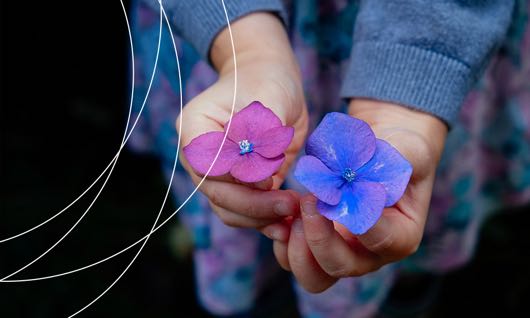Words we use
Conflict Management
Involves deliberate personal, social and organisational tools/skills for managing conflict and handling grievances. The primary focus is on process and/or control. It is a way of understanding patterns so that we can control what is undesired.
Conflict Resolution
Attempts to resolve a dispute or problem by providing opportunities to meet the needs and address the interests of both sides so that both can live with the outcome. Conflict resolution aims to end undesired conflicts in a relatively short timeframe. The primary focus is on the problem or content.
Conflict Transformation
Seeks to end something destructive and build something that is desired. The primary focus is on people and relationships. Here the emphasis is on building healthy relationships, communities and social structures where there is a radical respect for difference and nonviolence is embraced as a way of life. (See Reconciliation below).
Facilitation
The art of guiding people through a process together, in a neutral way. For us facilitation involves creating a space of trust, a structure where everyone is encouraged to participate in a respectful way, where momentum is maintained, and where decisions are made democratically.
Learning programmes | Training | Equipping
For us these terms refer to a life-long approach to learning that develops knowledge, understanding and skills within individuals or groups and helps our personal transformation.
Mediation
A process whereby an impartial third party facilitates a conversation between people or groups to resolve a dispute, but does not have the power to impose a binding solution.
Metanoia
A change of mind and/or heart; often associated with repentance or a spiritual experience.
Peacemaking | Peacebuilding*
For us these terms mean long-term commitment to processes and activities for resolving conflict and establishing a sustainable peace in our communities. It includes the transformation of relationships and cultures within all dimensions of human life to establish new ways of living with each other. Peacemakers recognise the importance of personal and systemic transformation within our social, political, economic, psychological and spiritual spheres. (*At Place for Hope we use these words interchangeably. We are aware conflict theorists differentiate between these terms with ‘Peacemaking’ referring to process of “forging a settlement between the disputing parties”, and ‘Peacebuilding’ being reserved for the “follow-on” work to normalise relations and reconcile differences to ensure peace can be sustained. For more see: http://www.colorado.edu/conflict/peace/treatment/peacemkg.htm)
Reconciliation
More than ending conflict, reconciliation is about restoring the relationship between people who have been in conflict. It is a process of transforming the energy of conflict into something that is ‘life-giving’ rather than ‘soul-destroying’. The work of reconciliation requires truth, forgiveness, mercy, justice and peace. Reconciliation requires longer-term, forward-looking investment and can be defined as a ‘journey’, an ‘encounter’, and as a ‘place’. Given the focus on relationships, efforts for reconciliation can be integrated into the framework of conflict transformation. For more on Conflict Transformation and Reconciliation: - visit: www.beyondintractability.org/casestudy/vo-reconciliation - read: Jean-Paul Lederach The Moral Imagination: The Art and Soul of Building Peace
“A new command I give you: Love one another. As I have loved you, so you must love one another. ” — John 13:34 (the Bible)
Related Articles

Reconciliation:
To Repair with God
An article by Nancy Adams, featured in ‘Inspires’ exploring the art of reconciliation and the dynamic of conflict.

Place for Hope: The Need for Reconcilers
An article by Hugh Donald, featured in ‘The Edge’, discussing the call to reconciliation and the journey of Place for Hope